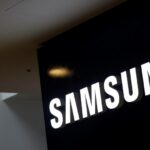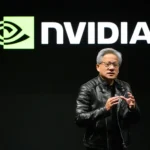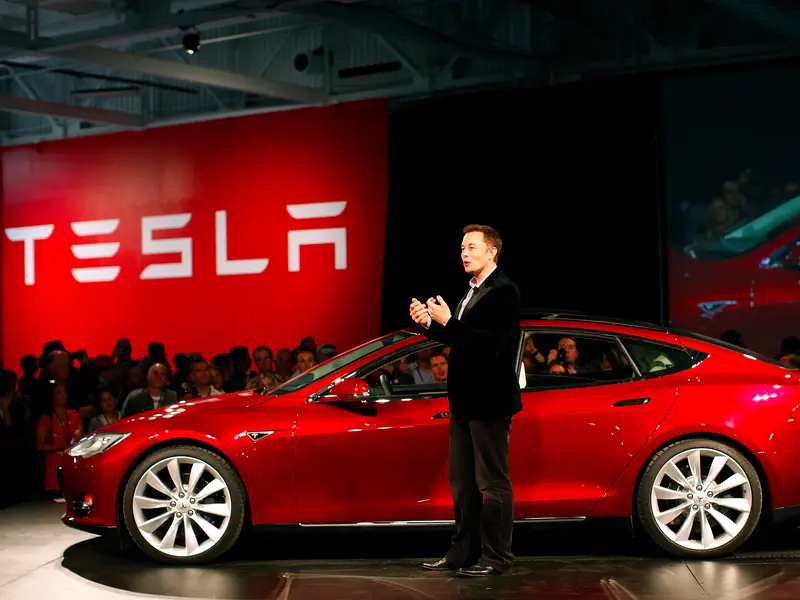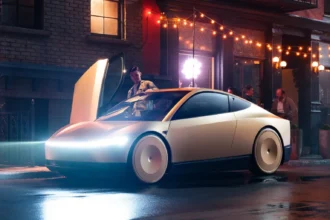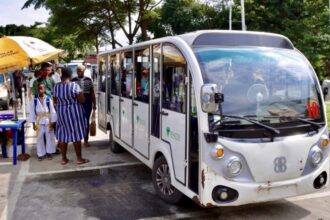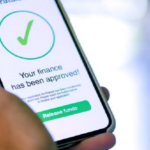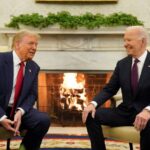Tesla finally caught a break after a rough start to 2025, thanks to a record-breaking sales quarter that gave the company a temporary lift. Still, CEO Elon Musk has his eyes fixed on something much bigger, creating a “robot army” and finally delivering on his years-old promise of self-driving cars. Those ambitions are key to unlocking the $1 trillion compensation package Tesla wants to grant him.
The clash between Tesla’s car-centered business and Musk’s dream of transforming it into an AI powerhouse has never been clearer. Tesla delivered a record 497,099 vehicles in the third quarter of 2025, mostly driven by a rush of U.S. buyers taking advantage of the last federal EV tax credit window. The milestone brought in $21.2 billion in automotive revenue, Tesla’s strongest in over a year, but profits told a different story. The company earned only $1.4 billion in profit, just $200 million higher than the previous quarter and 37% lower than the same period last year, according to information gathered by TechMarge.
Tesla’s shareholder letter attributed the profit decline to a sharp 50% rise in operating expenses. That spike came from heavy spending on AI research, new product development, and about $240 million in restructuring costs. Tesla didn’t specify what those restructuring charges covered, though they may relate to shutting down its six-year-old Dojo supercomputer project. Tariffs also ate into profits, dealing an estimated $400 million blow to the company, according to Tesla’s Chief Financial Officer Vaibhav Taneja. Ironically, Musk spent roughly $300 million supporting political efforts that have since led to higher tariffs and tougher trade conditions for Tesla.
During a conference call, Musk described this moment as a turning point. He said Tesla is entering a phase of massive scaling for Full Self-Driving technology and its upcoming Robotaxi network, which he believes will redefine transportation. But that vision adds pressure for Tesla to deliver a strong final quarter to close out the year. The company must not only break another record but surpass previous years’ shipment totals just to stay on track. New, lower-cost versions of the Model 3 and Model Y might help, but the company remains far from its once-promised 50% year-over-year growth.
Musk keeps urging investors and employees to look beyond car manufacturing. He envisions Tesla as a pioneer of artificial intelligence, autonomous driving, and robotics. His goal is to create a global network of self-driving cars that rivals Uber and to make the humanoid robot, Optimus, Tesla’s most successful product yet. However, the company has shared little progress on those projects. Musk mentioned that Tesla might start building the third version of Optimus in early 2026, even though he once promised thousands of units by the end of this year. Reports, including details gathered by TechMarge, indicate that Tesla has struggled with early production challenges for the robot.
Musk admitted the task isn’t easy. “Bringing Optimus to market is incredibly difficult,” he said. Still, he painted a grand picture of what Optimus could achieve — from eliminating poverty to performing advanced medical procedures. “You can create a world where everyone has access to the best care,” he said. “Optimus will be an incredible surgeon.”
Tesla’s push into AI, robotics, and self-driving technology comes with soaring costs. Taneja said capital expenditures will rise substantially in 2026 as the company expands those efforts. He also confirmed higher employee spending to retain top AI talent amid fierce industry competition.
All this unfolds as Tesla prepares for a critical shareholder vote on Musk’s $1 trillion stock compensation plan. The proposal, which could grant Musk significant voting control, faces opposition from influential advisory firms ISS and Glass Lewis, both of which recommend voting against it. Despite their stance, the plan will likely pass due to Musk’s strong base of loyal shareholders.
Musk has made it clear that he values control over money. During the call, he warned that he might leave Tesla if the compensation plan doesn’t go through. “I just don’t feel comfortable building a robot army here and then being ousted because of some asinine recommendations from ISS and Glass Lewis,” he said. “Those guys are corporate terrorists.”
Tesla now stands at a crossroads. Its record quarter shows the company can still dominate the electric vehicle market, but Musk’s ambitions are steering it toward a future built on robots, AI, and automation. Whether that vision lifts Tesla higher or stretches it too thin will depend on how fast Musk can turn promises into reality.



